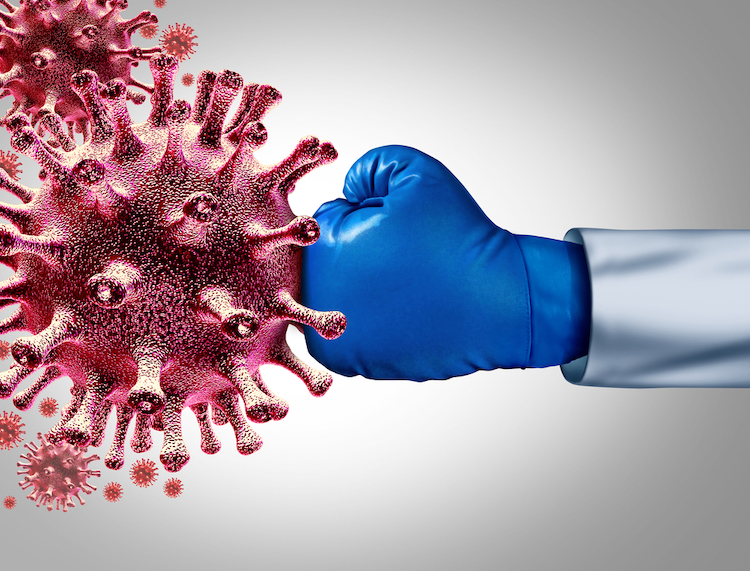The Benefits Of Colostrum
Maybe you’ve heard of colostrum, maybe you haven’t. Maybe you’ve seen the word but don’t have the faintest idea what it means. Or maybe it makes you think of colon-related terminology. The fact is, for most people who aren’t moms, colostrum is a bit of an enigma.
Moms know it as the first milk they produce at the end of pregnancy and shortly after birth. Because it’s a natural, nutrient-dense superfood that gives their baby everything it needs to thrive at the beginning of life, mothers understand colostrum’s undeniable value.
Traditional cultures worldwide have used colostrum, both human and animal, in medicine, food, and cultural and religious rituals for centuries. But only recently has colostrum been studied in laboratories; the findings thus far are compelling, but more extensive research is needed.

What Is Colostrum?
Colostrum is a substance produced in a mother’s mammary glands shortly before and after birth, and as such is the first food of all newborn mammals. Newborns have undeveloped digestive and immune systems, which means they need a super boost of proteins, growth factors, and antibodies that can help fortify their systems. Colostrum is naturally formulated to deliver all of these.
Colostrum’s unique properties include aiding proteins that assist with the growth and maintenance of specific body tissues, including muscle and the gastrointestinal lining. It also helps with lactoferrin and immunoglobulins, proteins that help with the immune system that destroy foreign antigens.

Could Help With Supporting A Healthy Immune System
While it’s long been known that colostrum is essential for every newborn’s survival, and a growing body of research shows that it may be beneficial at any stage of life, not just the first days or weeks after birth.
As a dietary supplement, colostrum has been shown to support immunity, strengthen the gut, and improve athletic performance. Two studies on elite athletes suggest that colostrum supplementation may aid in boosting immune system function.
In a randomized control trial, daily supplementation of bovine colostrum significantly increased the number of antibodies found in distance runners’ saliva. The researchers theorized that an increase in mucosal antibodies could have positive impacts on the immune system. Another randomized control trial with cyclists observed that bovine colostrum supplementation contributed to more favorable serum levels of immune cells post-exercise than a placebo.
The immune-supportive effects of colostrum are mostly due to its high concentration of lactoferrin and immunoglobulins, which are critical to the body’s immune response. Colostrum currently shows promise as a supplement that supports immune health, although more extensive research is needed.
Can Help In The Development Of Lean Mass And Strength
Colostrum is rich in various growth factors and growth hormones, and is also a source of dietary protein. Some athletes use colostrum to accelerate and increase their strength and body composition gains.
It’s important to note that current research suggests that high doses of colostrum may only yield a marginal boost in strength development and protein synthesis when compared to the effects of whey protein. Because the adult digestive system breaks down the growth factors in colostrum before they can enter the bloodstream and affect muscle tissue, colostrum’s growth factors and growth hormones don’t appear to provide any additional benefits for those looking to enhance strength and body composition.
When it comes to colostrum’s effect on athletic recovery, the research is more promising. Elite soccer players participating in a recent randomized controlled trial were given a low dose of bovine colostrum over six weeks. Compared to the control group who took whey protein, the colostrum group experienced optimal performance maintenance and faster post-exercise recovery.

May Strengthen The Gut Wall And Decrease Gut Permeability
Studies have shown that colostrum aids in strengthening the integrity of the gut lining by stimulating the growth of the cells that line the gut wall, likely due to colostrum’s abundance of lactoferrin and growth factors. In adult mammals, colostrum’s growth factors are broken down during digestion, meaning that the growth factors don’t make it to the adult body’s connective tissues, but they do contribute to strengthening the gut wall. Colostrum’s lactoferrin also promotes the growth of beneficial gut bacteria.
